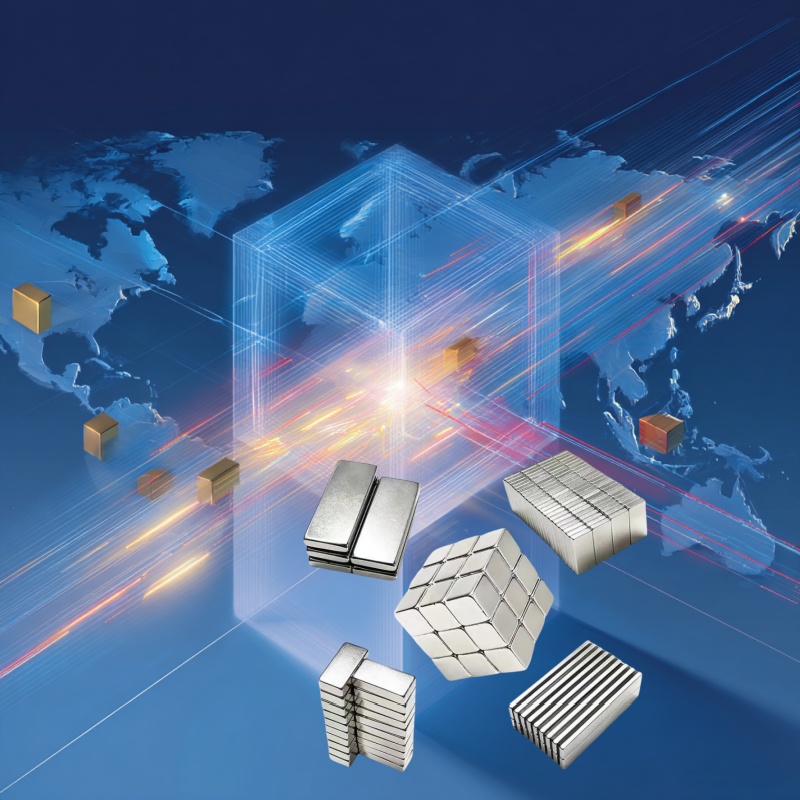 Hefei Super Electronics Co., Ltd.
Hefei Super Electronics Co., Ltd.
What Are You Looking For?
As global trade becomes increasingly complex, customs authorities around the world are accelerating their digitalization efforts. For neodymium magnet manufacturers and suppliers, this shift has proven to be a significant advantage. The introduction of electronic customs clearance systems has not only reduced border delays but also enabled businesses to achieve faster and more reliable delivery schedules.

Traditionally, customs clearance was a time-consuming process involving extensive paperwork, manual inspections, and frequent communication barriers between exporters, logistics companies, and customs officials. For high-demand products like neodymium magnets, these delays can have a significant impact across multiple industries. Digitalization is changing this dynamic. For example, data from Shenzhen Customs shows that since the introduction of a digital declaration system, average customs clearance time for magnet shipments has been reduced from 48 hours to less than 12 hours.
The electronic customs clearance platform now enables exporters to submit invoices, certificates of origin, and safety reports entirely online. Automated systems verify documents, flag issues, and approve shipments in real time, reducing errors and ensuring compliance. For neodymium magnet exporters, the benefits are clear: faster clearance shortens delivery times, allowing suppliers to handle urgent orders more easily. At the same time, digital platforms improve transparency by letting businesses track shipments throughout the process, strengthening trust with partners and buyers.

Another advantage lies in cost efficiency. By minimizing port delays and reducing the risk of fines due to missing or inaccurate documentation, businesses can lower overall shipping costs. Some customs authorities are even piloting blockchain-based systems, which provide an immutable record of transactions, ensuring data security while further streamlining trade processes.
In recent months, several major export hubs have reported significant increases in export volumes thanks to electronic customs clearance. For example, even during peak trade season, neodymium magnets shipping time from Asia to Europe have been reduced by several days. As rare earth products become increasingly important in strategic industries, governments are actively working to maintain this momentum and avoid bottlenecks that could disrupt supply chains.
Looking ahead, the continued expansion of customs digitization is expected to reshape the global trade landscape. For neodymium magnet producers, investing in compliance expertise and digitized trade documentation is no longer a nice-to-have; it's a competitive advantage. As more countries adopt unified electronic customs clearance systems, exporters can expect not only faster deliveries but also more predictable and resilient supply chains.

In today's climate of growing demand and increasing geopolitical pressures, digital customs solutions are becoming a cornerstone of international trade. For the neodymium magnet market and industry, this transformation means faster exports, higher customer satisfaction, and a smoother path to global growth.
Hi! Click one of our members below to chat on